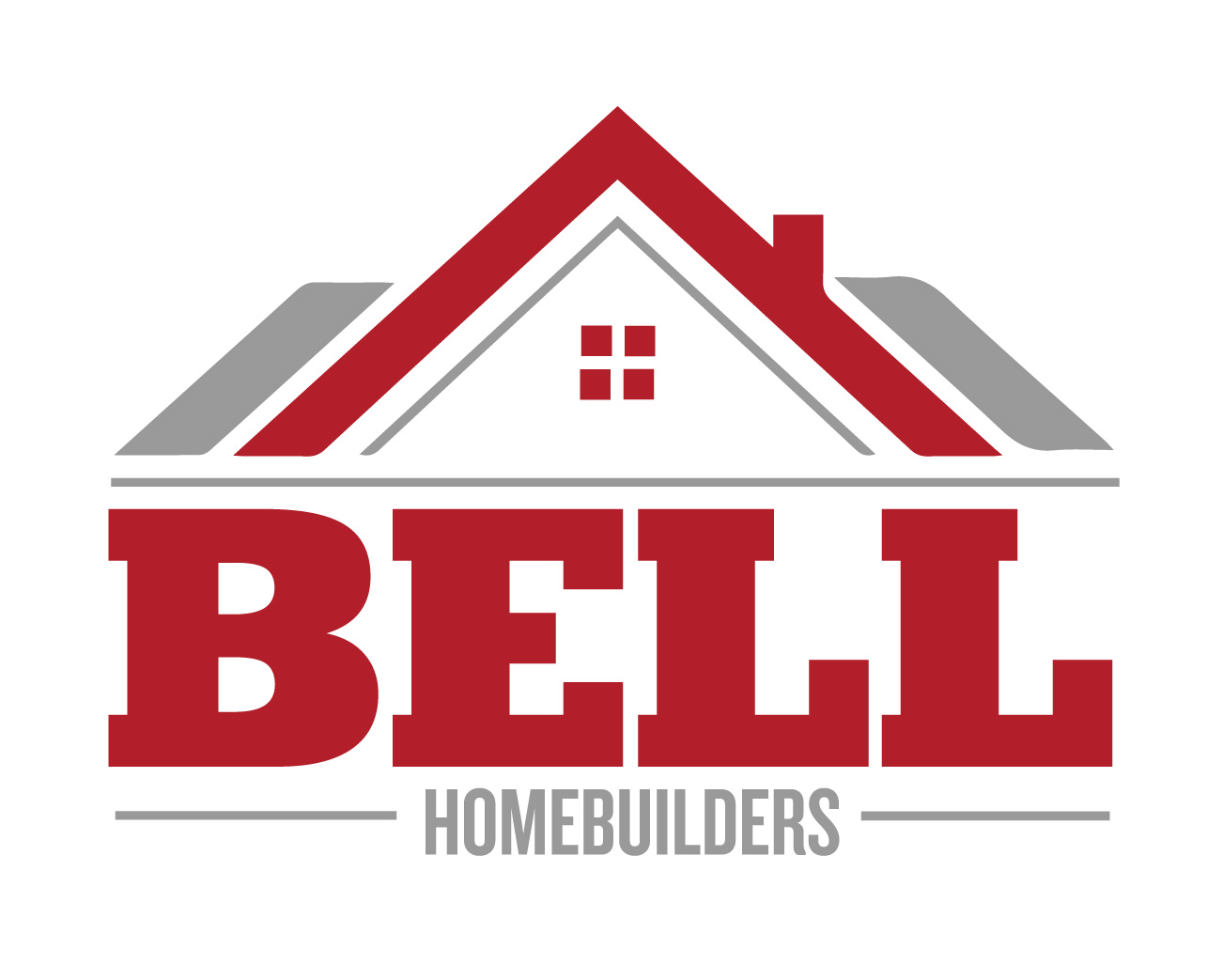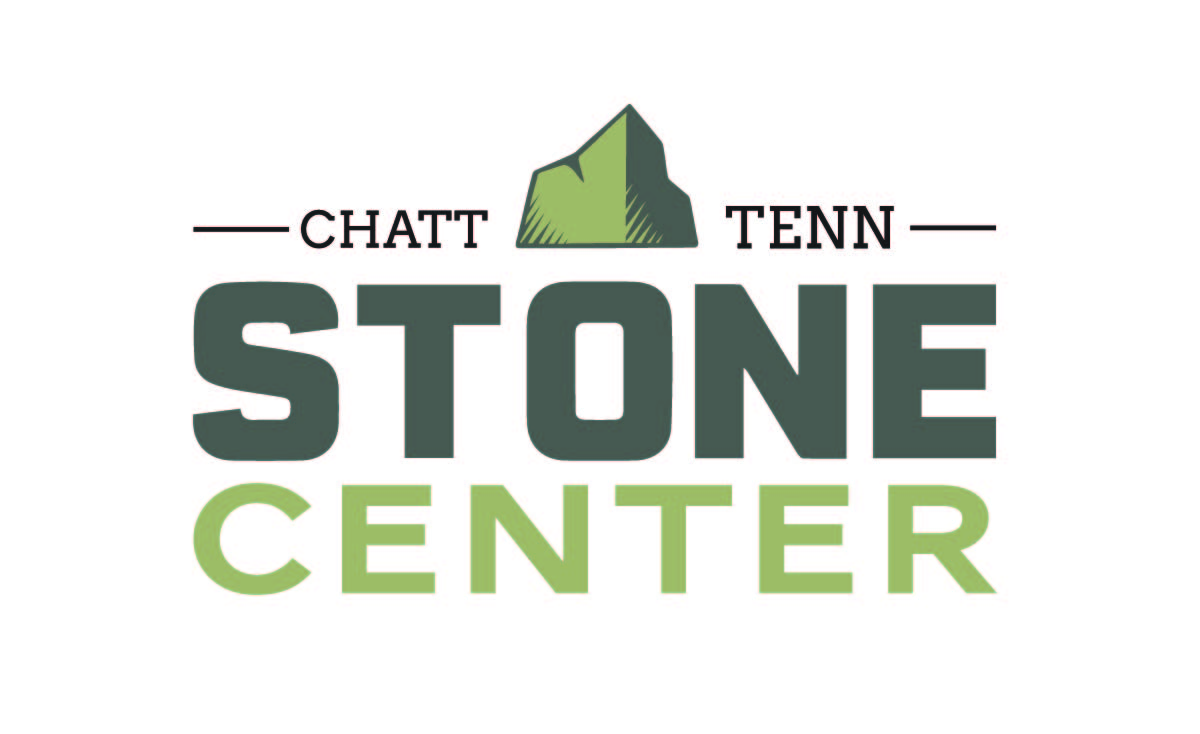
Local News and Information Archives for 2024-03
Maximizing Tax Savings for Homeowners
.png/HBAGC_Blog_Graphics_(34)__382x320.png) Tax deductions and credits play a crucial role in helping homeowners save money when tax season rolls around. While many homeowners know about deducting loan interest payments, it's easy to miss out on other valuable tax breaks related to homeownership, especially those that have changed for the 2023 tax year. Taking the time to explore all potential deductions and credits can significantly boost your tax refund.
Tax deductions and credits play a crucial role in helping homeowners save money when tax season rolls around. While many homeowners know about deducting loan interest payments, it's easy to miss out on other valuable tax breaks related to homeownership, especially those that have changed for the 2023 tax year. Taking the time to explore all potential deductions and credits can significantly boost your tax refund.
The first step in taking advantage of tax deductions for homeowners is deciding if itemizing or taking the standard deduction will be more beneficial. Opting for itemization allows homeowners to deduct mortgage loan interest, insurance premiums, and points paid, provided the total deductions exceed the standard IRS threshold. These deductions are typically documented on Form 1098, which mortgage lenders send to borrowers. Additionally, interest on home equity loans utilized for home improvements remains deductible.
Property taxes are another big deduction to add to the tally. You could claim up to $10,000 if you opt for itemization. You’ll want to keep track of your payments if you pay directly or check Form 1098 from your mortgage lender for the amount.
The biggest change for 2023 taxes involves credits for energy-efficient home improvements. In August 2022, the Inflation Reduction Act modified two credits for energy-efficient home upgrades and residential clean energy equipment, extending their duration and increasing their financial impact.
The Energy-Efficient Home Improvement Credit, previously known as the Nonbusiness Energy Property Credit, was extended and expanded under the Inflation Reduction Act. Before this, it offered a lifetime credit of $500 until December 31, 2022. Now, the credit offers up to $1,200 annually for eligible property placed in service from January 1, 2023, to January 1, 2033. With the new annual limit, homeowners can potentially claim up to $12,000 over the credit's 10-year span, compared to the previous $500 lifetime limit.
In addition to the annual $1,200 overall limit, there are specific dollar limits for various items including $150 for home energy audits, $250 per exterior door (up to $500 a year), and $600 for other improvements including exterior windows, skylights, HVAC units and more.
On top of the $1,200 credit limit, there's an additional yearly limit of $2,000 for electric or natural gas heat pump water heaters, electric or natural gas heat pumps, biomass stoves, and biomass boilers. This means homeowners can claim a maximum total yearly energy-efficient home improvement credit of up to $3,200.
The Residential Clean Energy Credit, expanded and extended by the Inflation Reduction Act, offers a 30% tax credit for qualifying residential clean energy property expenses. This credit, applicable to property placed in service between December 31, 2021, and January 1, 2033, undergoes a gradual reduction in percentage rates, dwindling to 26% by 2033 and 22% by 2034, with no credit available after December 31, 2034. Eligible equipment includes solar panels, solar-powered water heater, wind turbines, geothermal heat pumps, fuel cells and battery storage.
Tax-deductible home improvements made for medical reasons are also often overlooked. While improvements that increase the property's value, like adding a pool for water therapy, aren't eligible for deductions, expenses incurred for medical necessities such as handrails, accessibility ramps, or widened door frames can be deducted.
Finally, self-employed individuals or business owners can leverage the home office tax deduction, provided a portion of their home is used regularly and exclusively for business purposes.
For additional guidance and a comprehensive list of professional home industry members to assist with remodeling or homeownership plans, homeowners are encouraged to explore the Home Builders Association of Greater Chattanooga’s member directory.
Buyers Choose Amenities Over Square Footage in Modern Homes
 After a brief surge in new home sizes during 2021, the average size of new homes continues to slowly decrease. Data reveals that from 2022 to 2023, the average size dipped from 2,479 square feet to 2,411 square feet, marking the smallest average size observed in 13 years. This shift aligns with the evolving preferences of home buyers, who are increasingly opting for smaller square footage. According to the latest study by the National Association of Home Builders (NAHB) titled "What Home Buyers Really Want," the desired size for homes now hovers around 2,070 square feet, in contrast to 2,260 square feet two decades ago.
After a brief surge in new home sizes during 2021, the average size of new homes continues to slowly decrease. Data reveals that from 2022 to 2023, the average size dipped from 2,479 square feet to 2,411 square feet, marking the smallest average size observed in 13 years. This shift aligns with the evolving preferences of home buyers, who are increasingly opting for smaller square footage. According to the latest study by the National Association of Home Builders (NAHB) titled "What Home Buyers Really Want," the desired size for homes now hovers around 2,070 square feet, in contrast to 2,260 square feet two decades ago.
Rose Quint, Assistant Vice President of Survey Research at NAHB, attributes this trend to two interconnected reasons. She explains, "It's related to two factors that are linked. First, we've seen changes in home buyer preferences. Second, housing affordability has worsened in recent years."
Builders are actively responding to this shift in demand. In 2023, 38% of builders reported constructing smaller homes to align with market preferences and support sales. Looking ahead to 2024, 26% of builders plan to further reduce home sizes. Additionally, they are addressing affordability concerns by slashing home prices, offering sales incentives, and introducing more budget-friendly options for finishes. The median price of new homes fell to $427,400 in 2023, marking a notable 7-percentage-point decrease from 2022—a decline not witnessed since 2009. Conversely, existing home prices continued to climb, reaching $394,600, indicating a 1-percentage-point increase from the previous year.
Home buyers are not only redefining their size preferences but also rethinking their overall design priorities, placing greater emphasis on personalization and authenticity. This inclination towards customization is evident in the choice of home style and upgrades such as premium quality cabinets and built-ins, customized kitchen islands and upscale flooring.
Certain home features remain highly coveted among buyers, including more outdoor features, kitchen features, and two related to energy efficiency:
- Laundry room
- Patio
- Energy Star windows
- Outdoor lighting
- Ceiling fans
- Custom garage storage
- Front porch
- Hardwood flooring
- Main level full bath
- Energy Star appliances
- Walk-in pantry
- Landscaping
- Dining space in the kitchen
Moreover, technology-driven amenities are gaining popularity, with security cameras, wired home security systems, programmable thermostats, video doorbells, multi zone HVAC systems, and energy management systems topping the list.
For the latest news on home trends and tips to help with your new home purchase, keep reading more right here on the Home Builders Association of Greater Chattanooga’s website.
Archives:
2024-03 | 2024-02 | 2024-01 | 2023-12 | 2023-11 | 2023-10 | 2023-09 | 2023-08 | 2023-07 | 2023-06 | 2023-05 | 2023-04 | 2023-03 | 2023-02 | 2023-01 | 2022-12 | 2022-11 | 2022-10 | 2022-08 | 2022-07 | 2022-06 | 2021-09 | 2021-08 | 2021-07 | 2021-06 | 2021-05 | 2021-04 | 2021-03 | 2021-02 | 2021-01 | 2018-02 | 2018-01 | 2017-12 | 2017-11 | 2017-10 | 2017-07 | 2017-06 | 2017-05 | 2017-04 | 2017-03 | 2017-02 | 2016-10 | 2016-09 | 2016-06 | 2016-05 | 2016-04 | 2016-03 | 2016-02 | 2015-03





